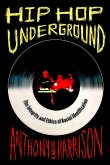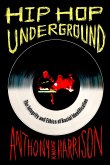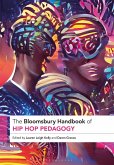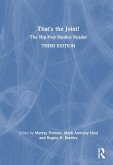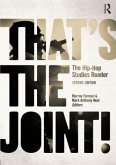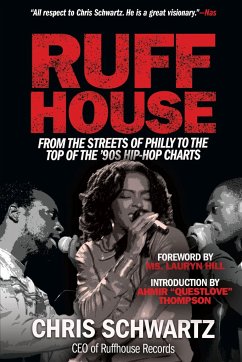Nabeel Zuberi explores how popular music in the US and UK has mediated violence and racial conflict since 9/11. The text brings together studies from a range of contexts and genres: Hip-hop MCs on both sides of the Atlantic have rapped about the figures of the terrorist, refugee and immigrant, and commented on the surveillance and policing of racialized populations. Punk rock bands have lambasted anti-Muslim racism and Islamic orthodoxies. The sonic intensities of bass music have re-articulated the weaponization of music in torture and the soundscapes of military conflict. Pop stars have become sites for flame wars and memes in racialised discourse across social media. Through discussions of recording artists such as M.I.A., Das Racist, Swet Shop Boys, the Kominas, The Bug, Burial, Vatican Shadow, Fatima Al Qadiri, and Zayn Malik, this book engages with recent scholarship in media and communication studies, popular music studies, sound studies, ethnomusicology, and sociology.


